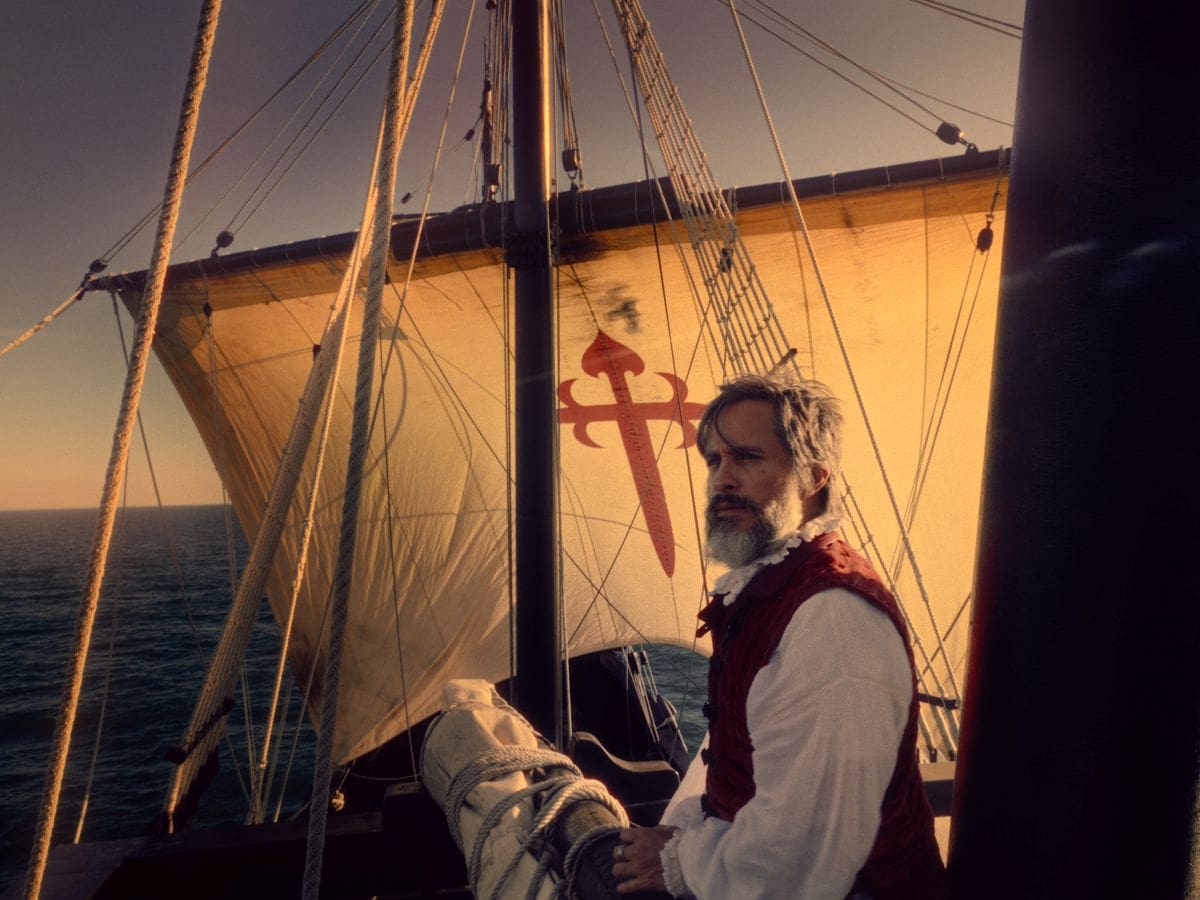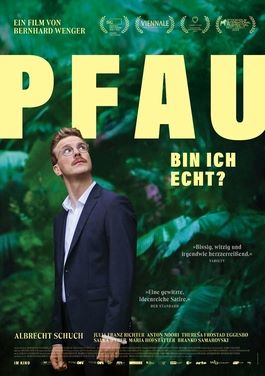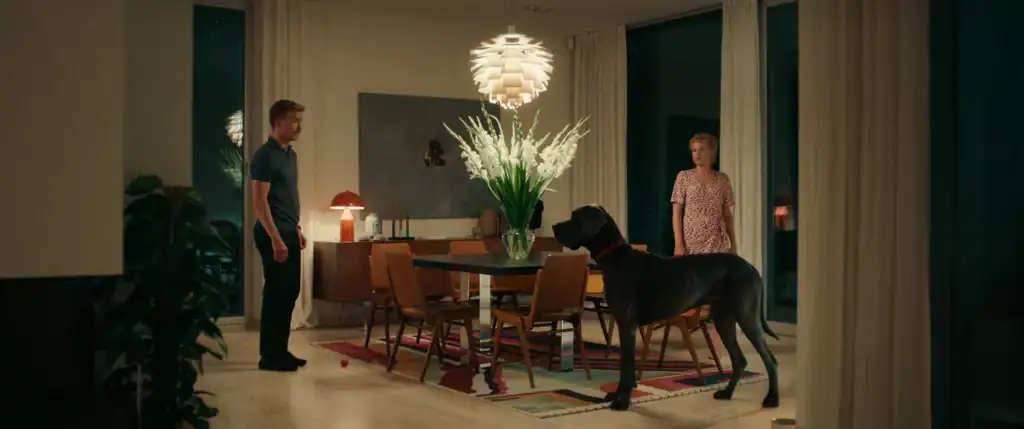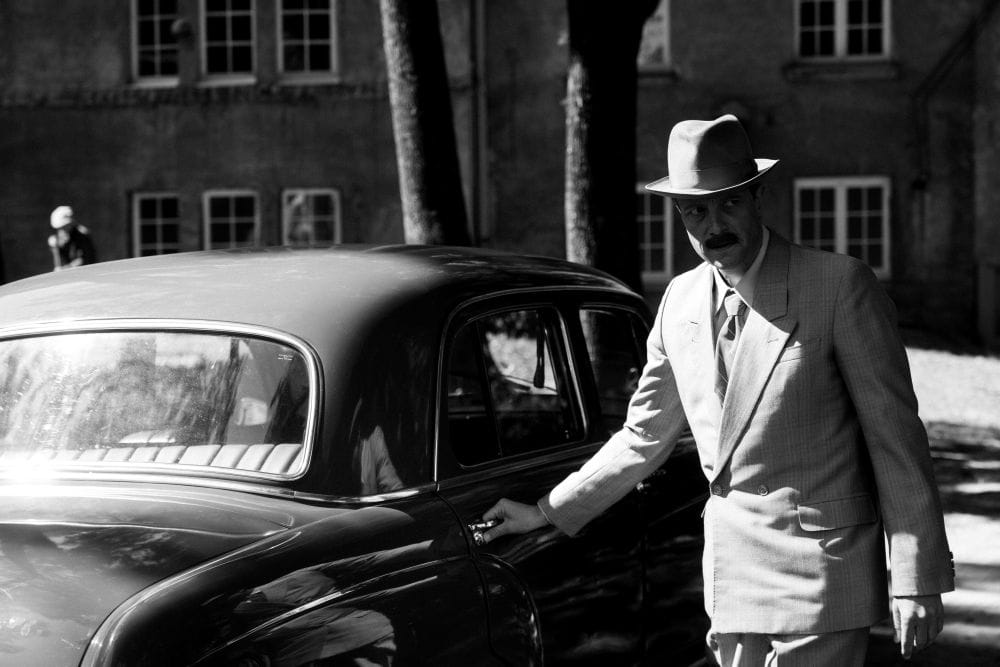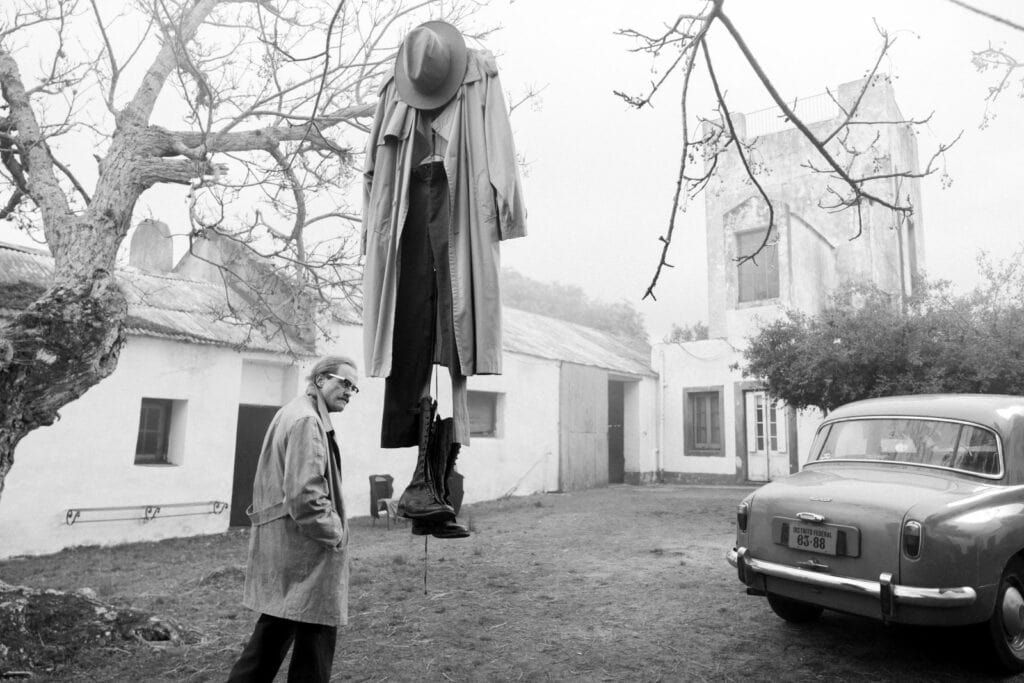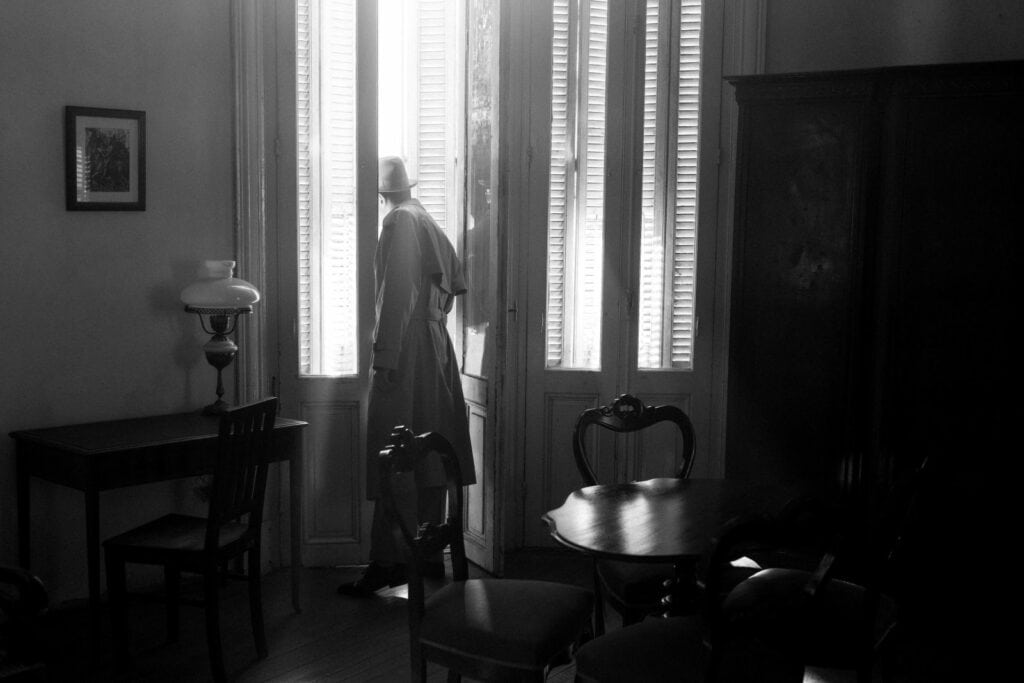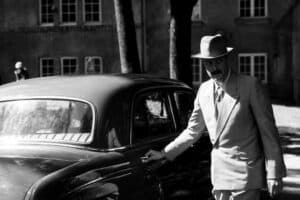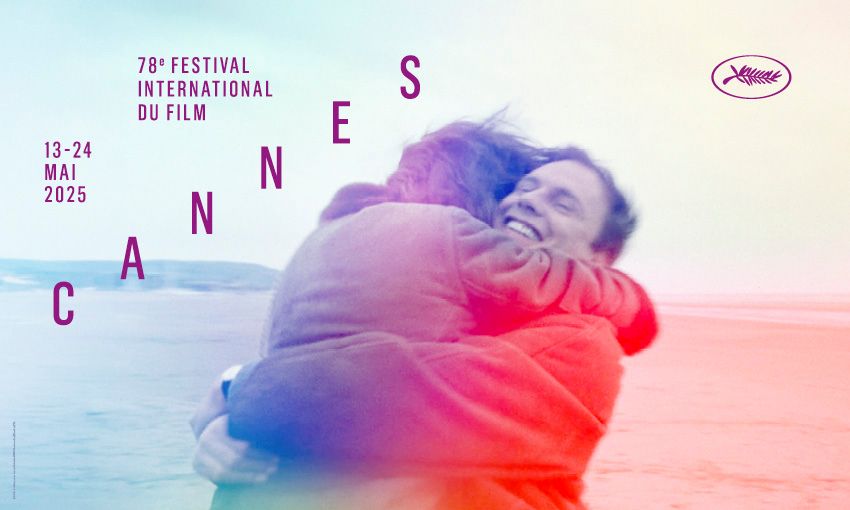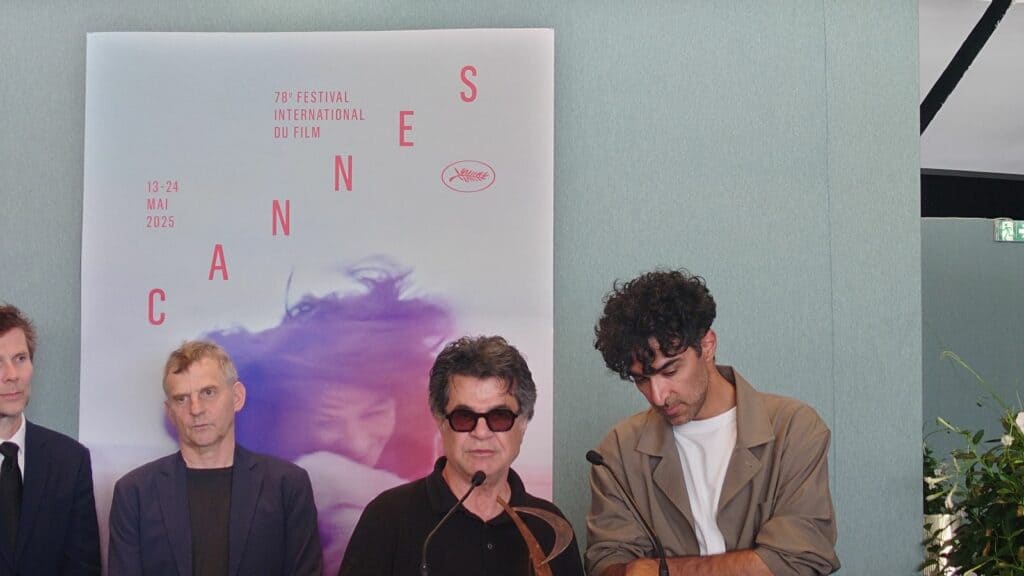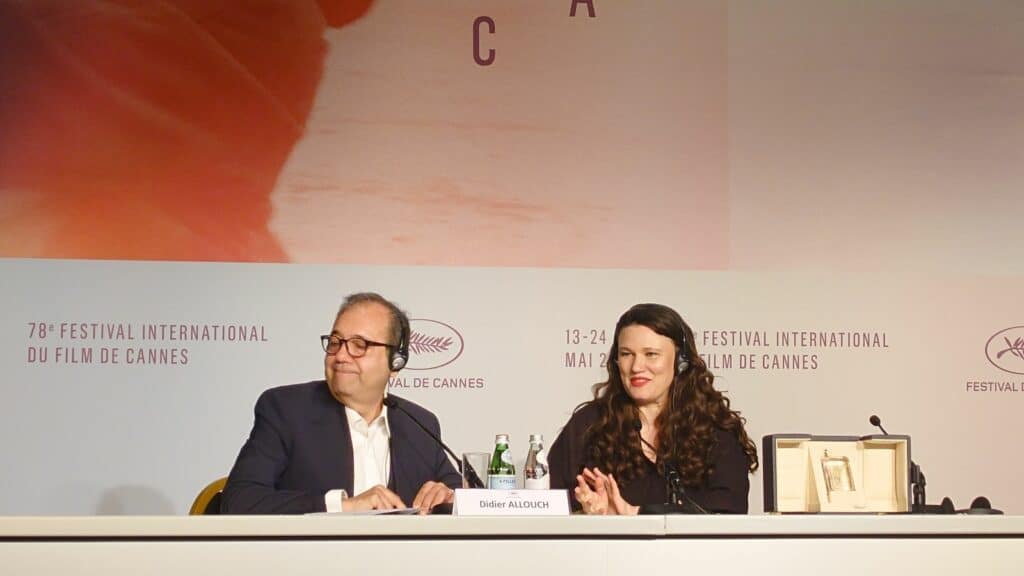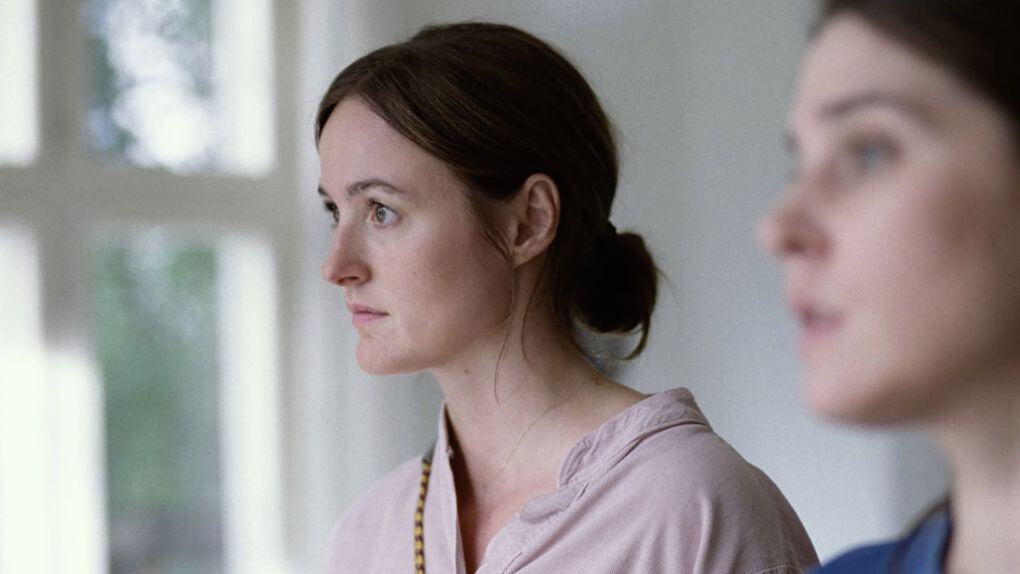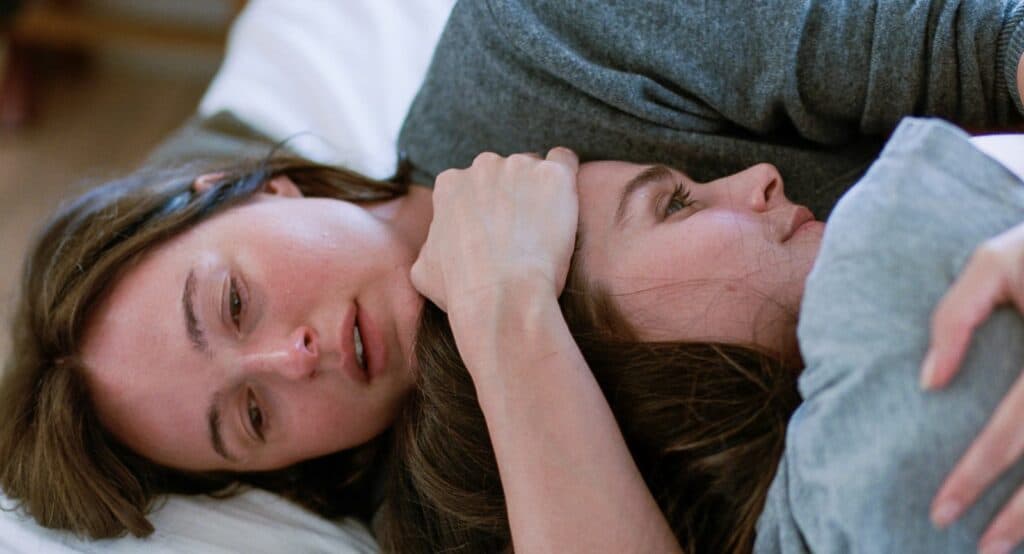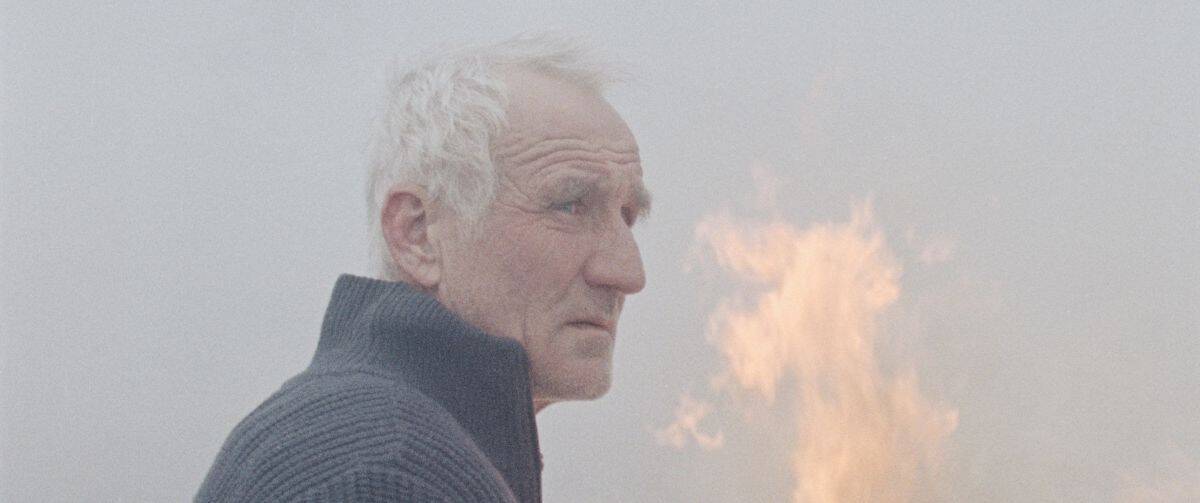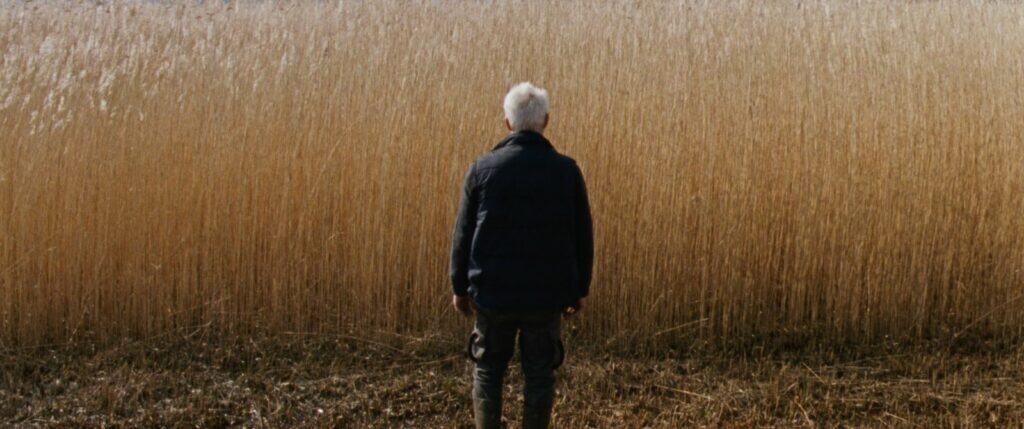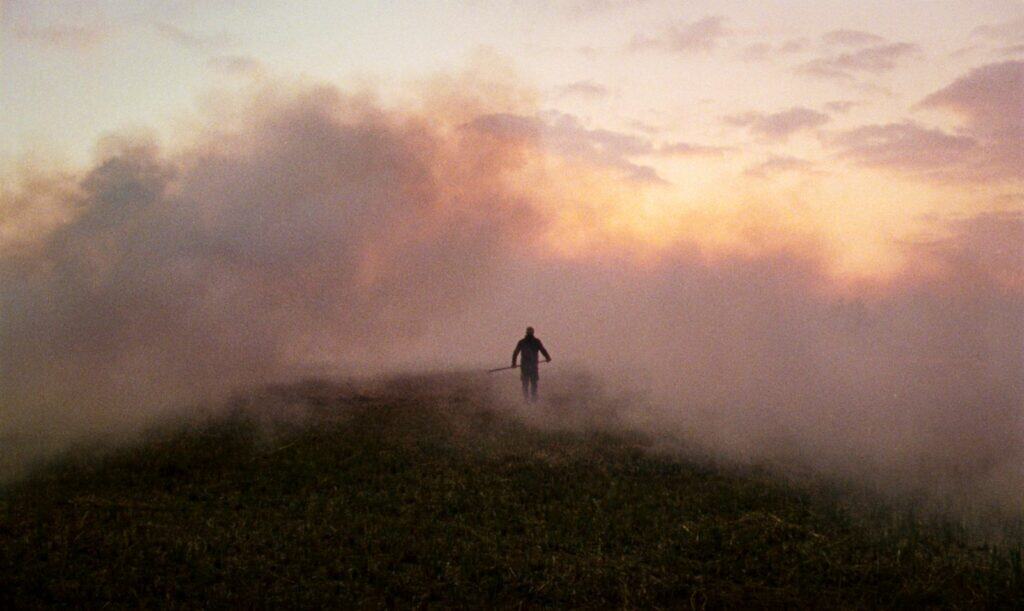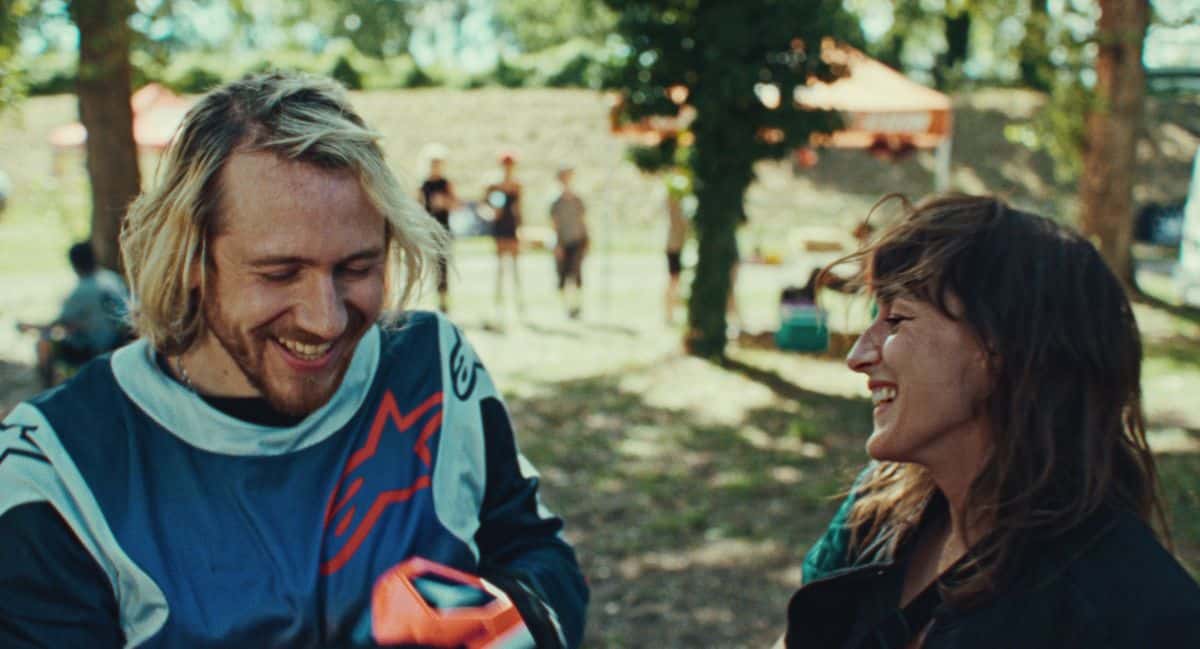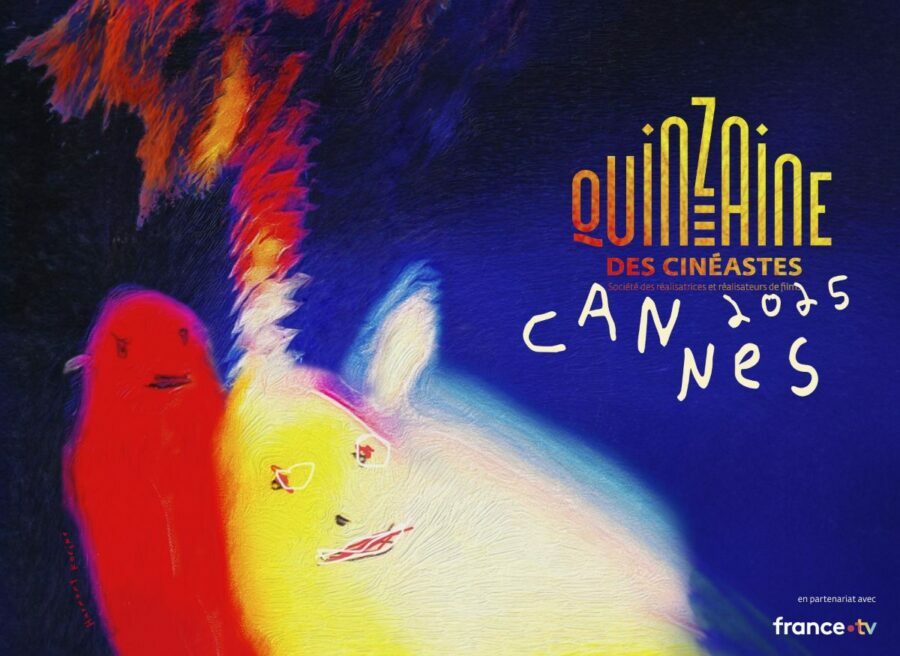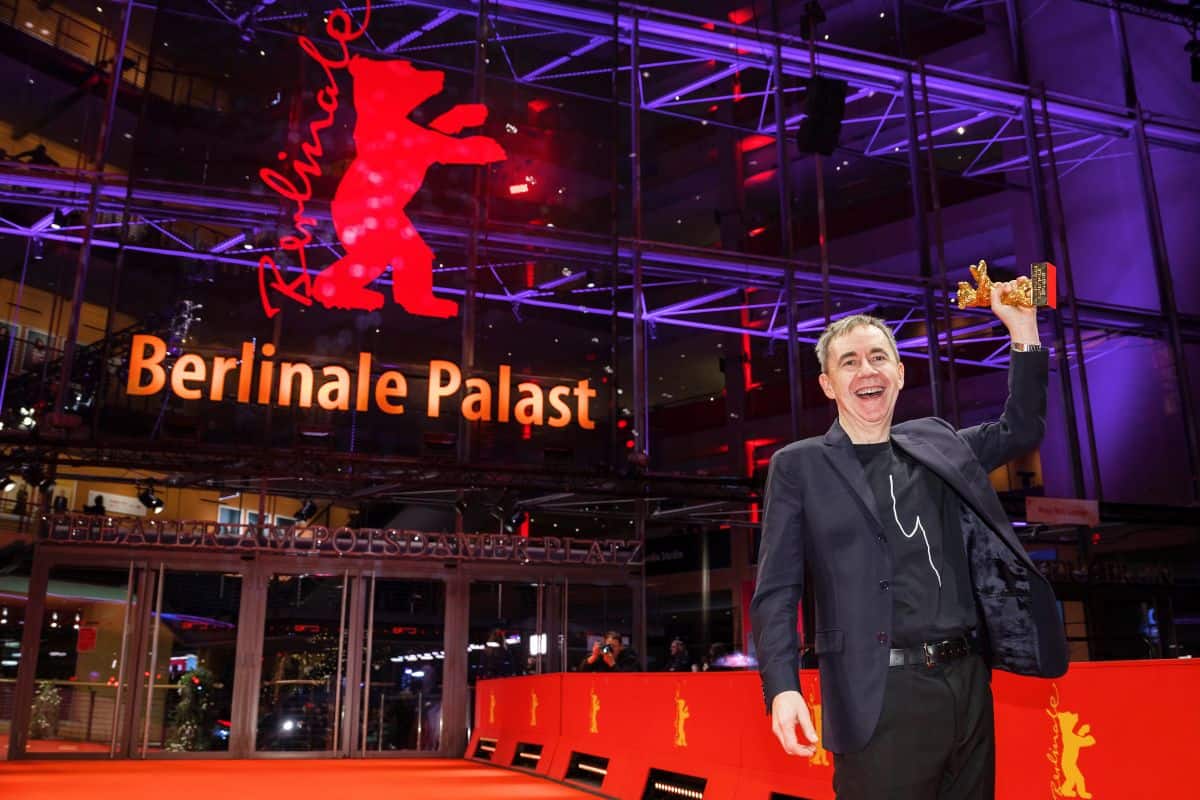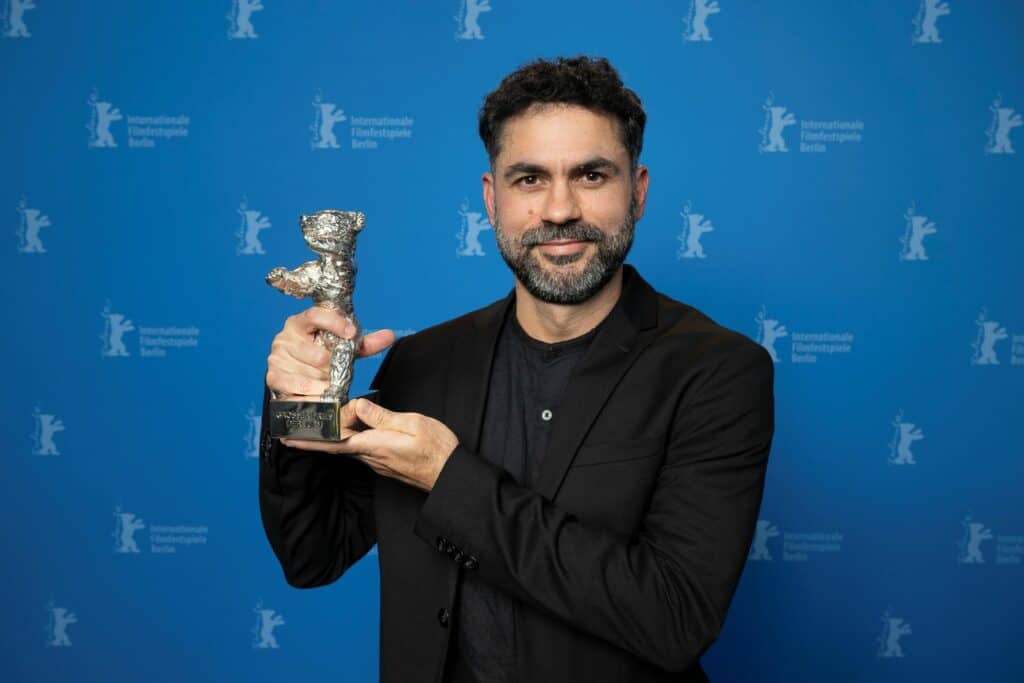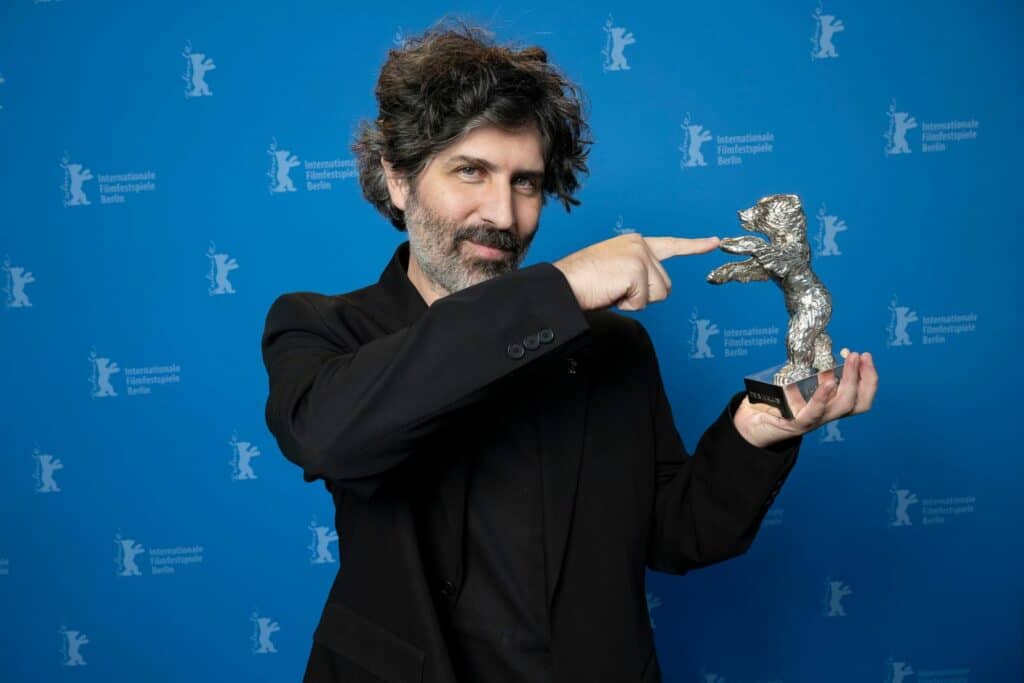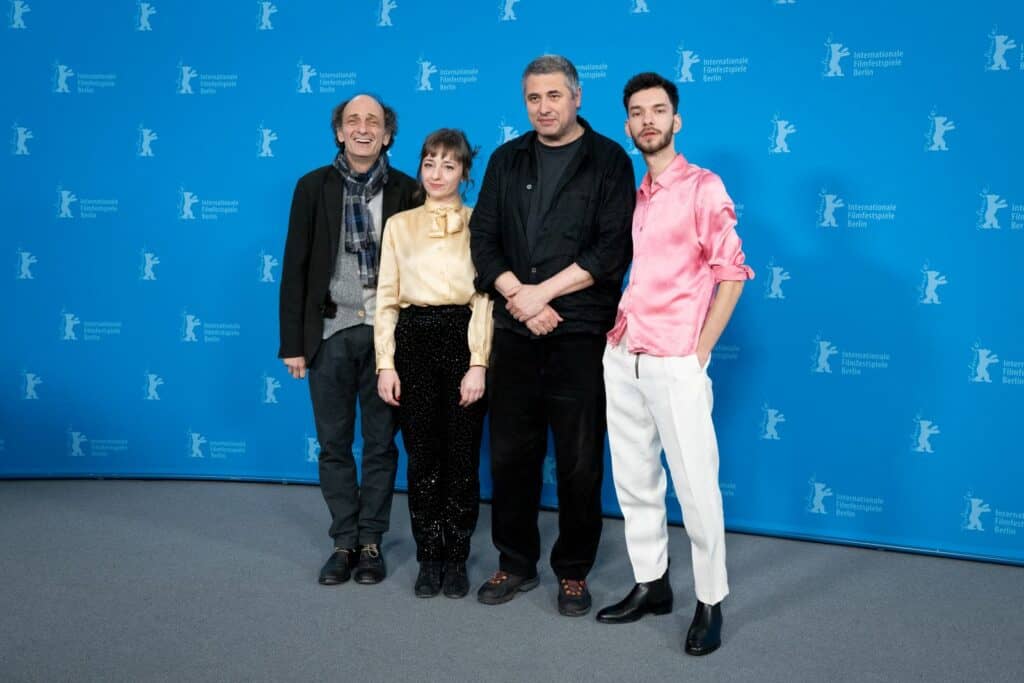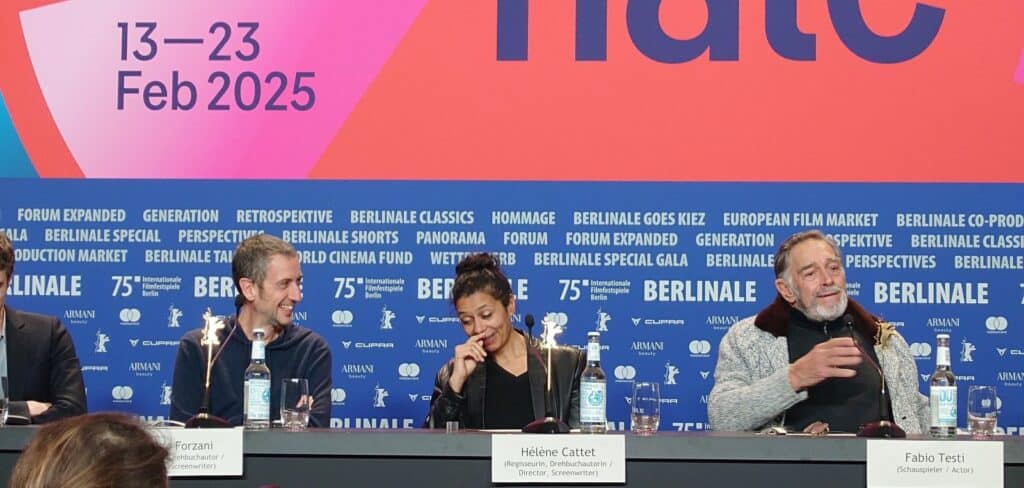Magellan (Magalhães) is the latest film by Lav Diaz. The most surprising or even shocking aspect of the film is its running length of 165 minutes. Considering Diaz’s typical standards, that sounds like a teaser trailer. However, the director has hinted that the version screened at the Cannes Film Festival in the Première section was merely a part of a nine-hour project. The longer version supposedly focuses on Magellan’s wife, Beatriz Barbosa de Magallanes. The project was introduced in 2019 as Beatriz, The Wife. It is one of many films in the Academy Ratio at this year’s Cannes Film Festival. No doubt, someone will write about why that happened this year, but it falls outside the scope of this text.
Another deviation from Diaz’s other films is that the titular character is played by Gael Garcia Bernal. It is not customary for the director to use big stars like him. Also, the film is in colour. That is not unheard of in the director’s previous work, but this film is handsomely mounted in a way that Norte, the End of History (2013) was not. It is also Diaz’s first work in Spanish and Portuguese. In many ways, this is the most conventional presentation of history so far.
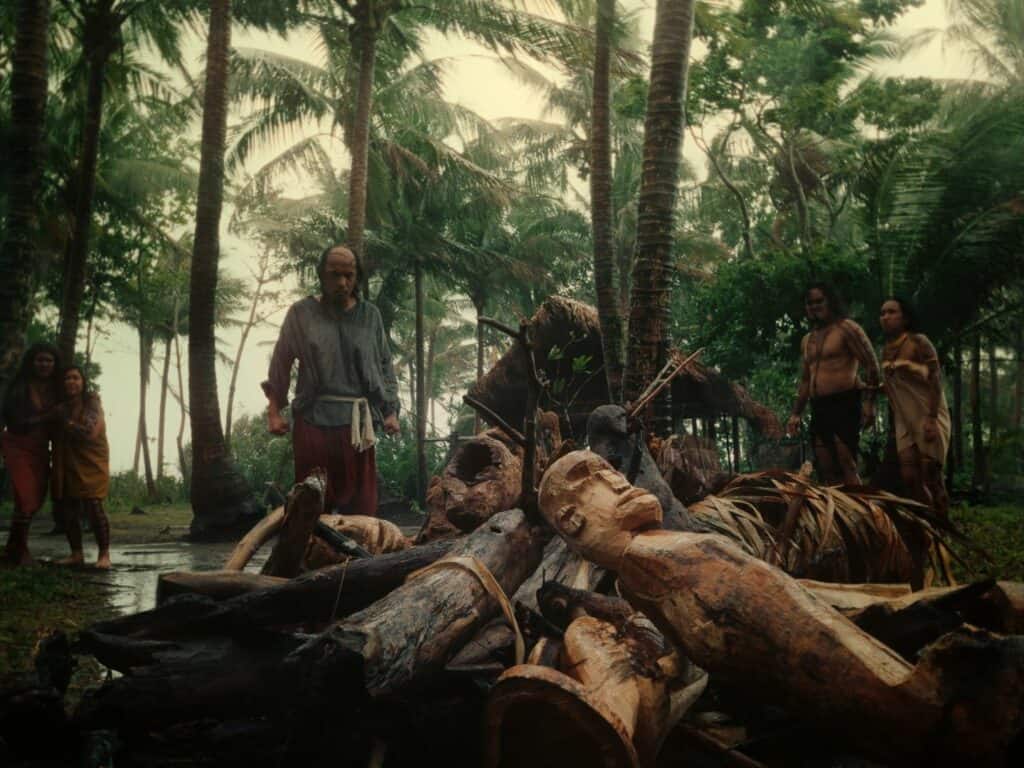
The relatively conventional story of Magellan
Set in the 16th century, Magellan traces the journey of the determined Portuguese explorer who, after the King of Portugal rejects his ambitions for exploration, convinces the Spanish Crown to back his quest for the eastern lands. The story follows pivotal moments in Magellan’s life, from his early exploits in Malacca (1504) to his marriage in Seville (1517) and his doomed expedition to the Philippines, ending with his death at the Battle of Mactan in 1521. The film portrays the gruelling voyage, fraught with starvation, uprisings, and tempests, as Magellan’s evolution from a hopeful adventurer to a figure driven by conquest and religious zeal ignites fierce resistance among indigenous communities.
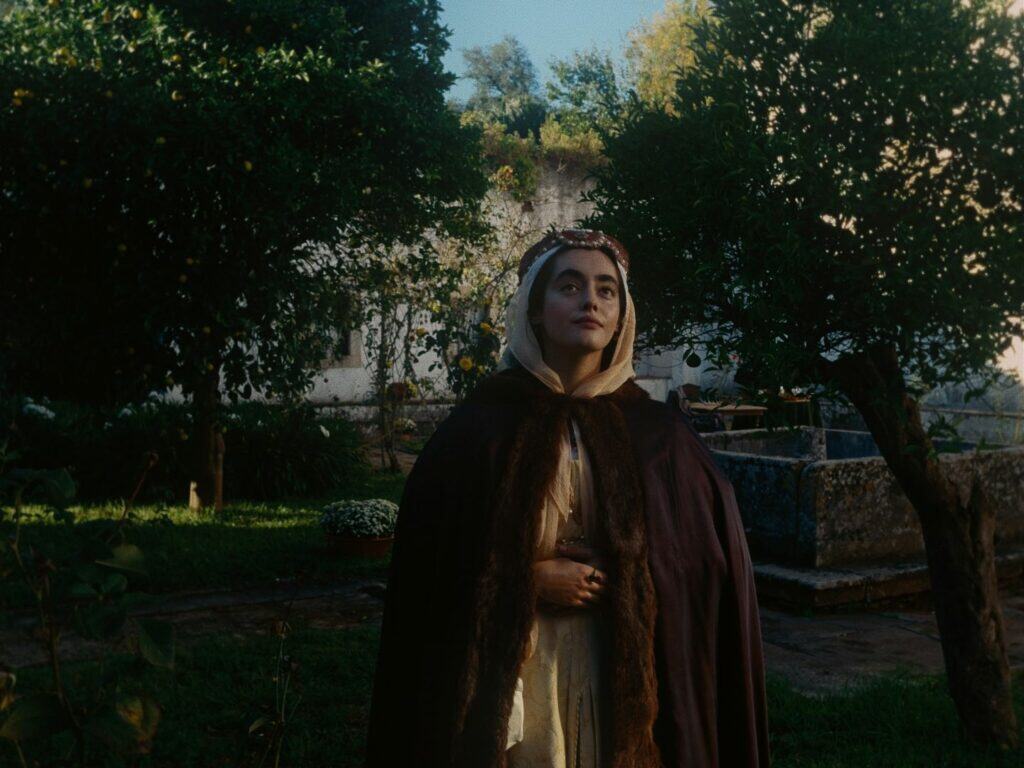
Manoel de Oliveira came to mind while watching the film. Not solely because of the Portuguese dialogue, but also due to thematic resemblances, particularly in some of the Portuguese master’s later films.Titles like ‘Non’, ou A Vã Glória de Mandar (1990) and O Quinto Império – Ontem Como Hoje (2004), which both deal with the country’s colonial past, come to mind. Readers looking for a simplistic post-colonial rant straight out of certain universities’ social science departments would have to look elsewhere. Even though Magellan is deeply rooted in the historical context of the early 16th-century Age of Exploration, Diaz doesn’t employ an overly didactic approach, and the film is all the better for it.
The whole affair, obviously, employs a Filipino perspective, but Diaz still dares to question the Lapu-Lapu part of history, implying that the notion of him as a chieftain who defeated Magellan was a myth created by Rajah Humabon to deter Christian conversion efforts. Challenging Lapu-Lapu as a symbol of resistance, with statues, holidays, and even a city named in his honour, shows that the director is not uncritical of the part of history told from a Filipino perspective either. Díaz shares cinematography credits with Artur Tort, mainly known for his lensing work on Albert Serra’s films. As mentioned before, there is a different sense of beauty in Magellan compared to the director’s earlier work.
That does not mean that it is a film devoid of longeurs or plain boredom. That comes with the territory while watching a Lav Diaz film. In any case, Magellan is an excellent entry point for anyone interested in the director.
Magellan
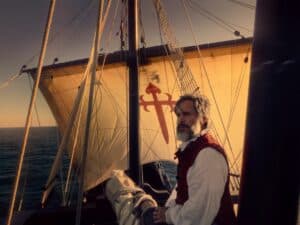
Director:
Lav Diaz
Date Created:
2025-08-03 03:50
Pros
- Handsomely mounted
- Interesting perspective of history
